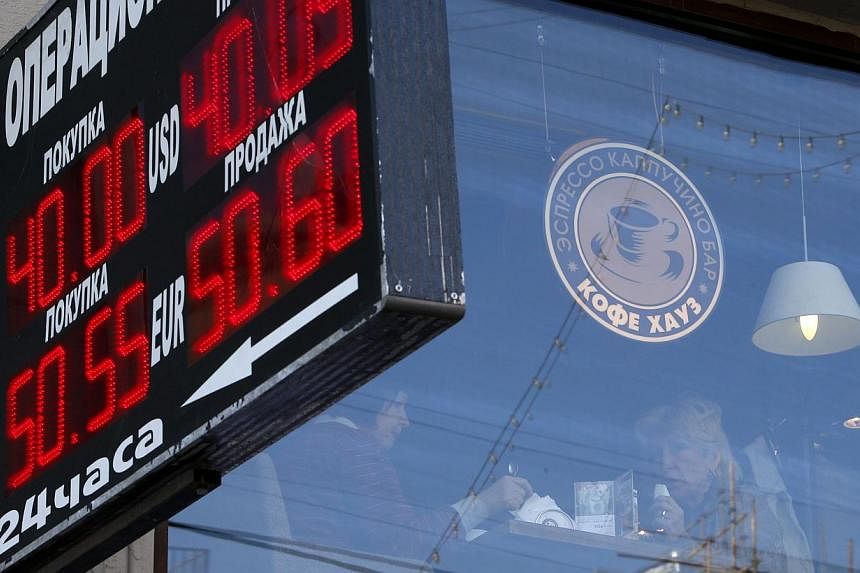WASHINGTON (REUTERS) - The International Monetary Fund (IMF) on Wednesday warned of downside risks to its growth projections for the euro zone, and urged the European Central Bank (ECB) to act if prices in the currency bloc continue to drift lower.
The IMF's warning echoes an increasing fear among global policymakers that Europe is not on track to spur economic growth, something that should be a key topic for discussion when leaders of the Group of 20 (G-20) economies meet in Australia later this week.
The IMF, the Washington-based lending institution charged with policing global economic and financial stability, in October predicted the euro zone would expand 0.8 per cent this year and 1.3 per cent next year.
But a raft of disappointing data in the last month has put even those modest economic projections in doubt, including "surprisingly" weak data for domestic demand in Germany, the euro zone's biggest economy, the IMF said in a report prepared for the G-20 meeting.
The 18-nation euro zone is skirting close to recession, and a report on Friday is expected to show economic growth in the third quarter is in line with the 0.1 per cent pick-up posted in the prior three months. Prices have risen just 0.4 per cent over the past year.
The ECB has a mandate to keep inflation below but close to 2 per cent.
The IMF said it welcomed recent moves by the ECB to keep interest rates low and pump more money into the region's banking system.
"But if the inflation outlook does not improve and inflation expectations continue to drift down, the ECB should be willing to do more, including purchases of sovereign assets," the IMF said in its report.
It also warned of the risks tied to geopolitical tensions in Ukraine and the Middle East, and of financial market corrections due to divergent policies from the world's major central banks.
The US Federal Reserve last month decided to end its bond-buying stimulus programme, while the Bank of Japan has dramatically increased its pace of money creation and the ECB agonises over whether to follow suit.
A deep stock market sell-off in mid-October also spooked policymakers concerned that a market rout could hurt confidence.
"The recent increase in volatility is a reminder about the challenges ahead," the IMF said.

